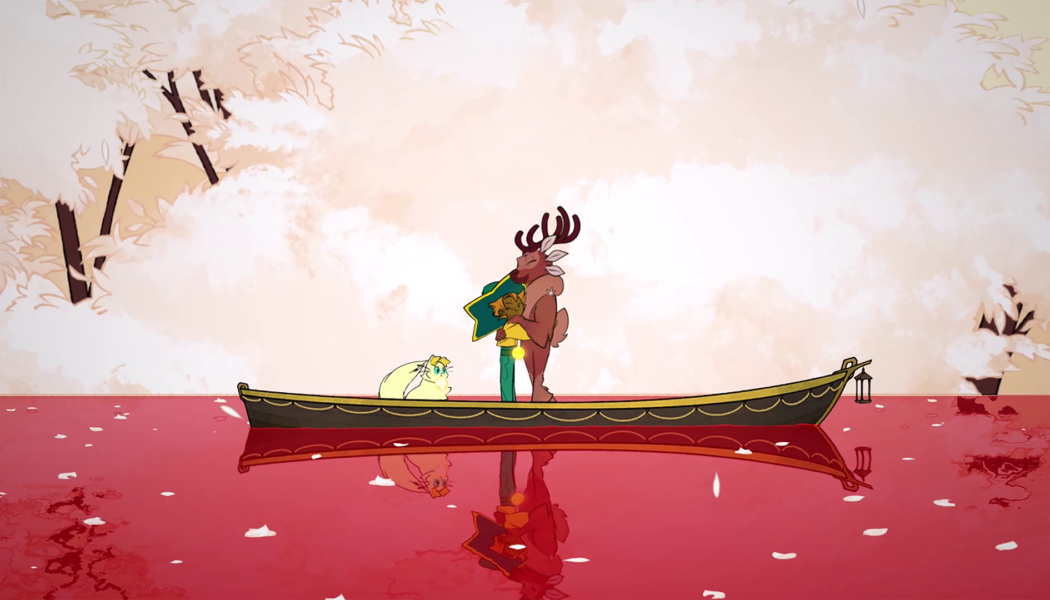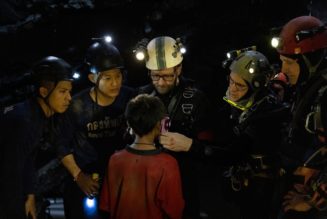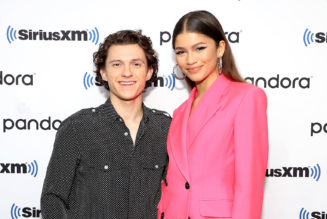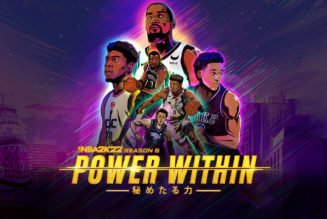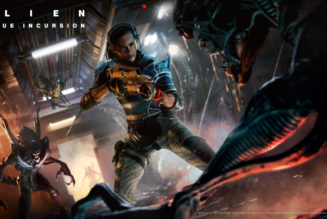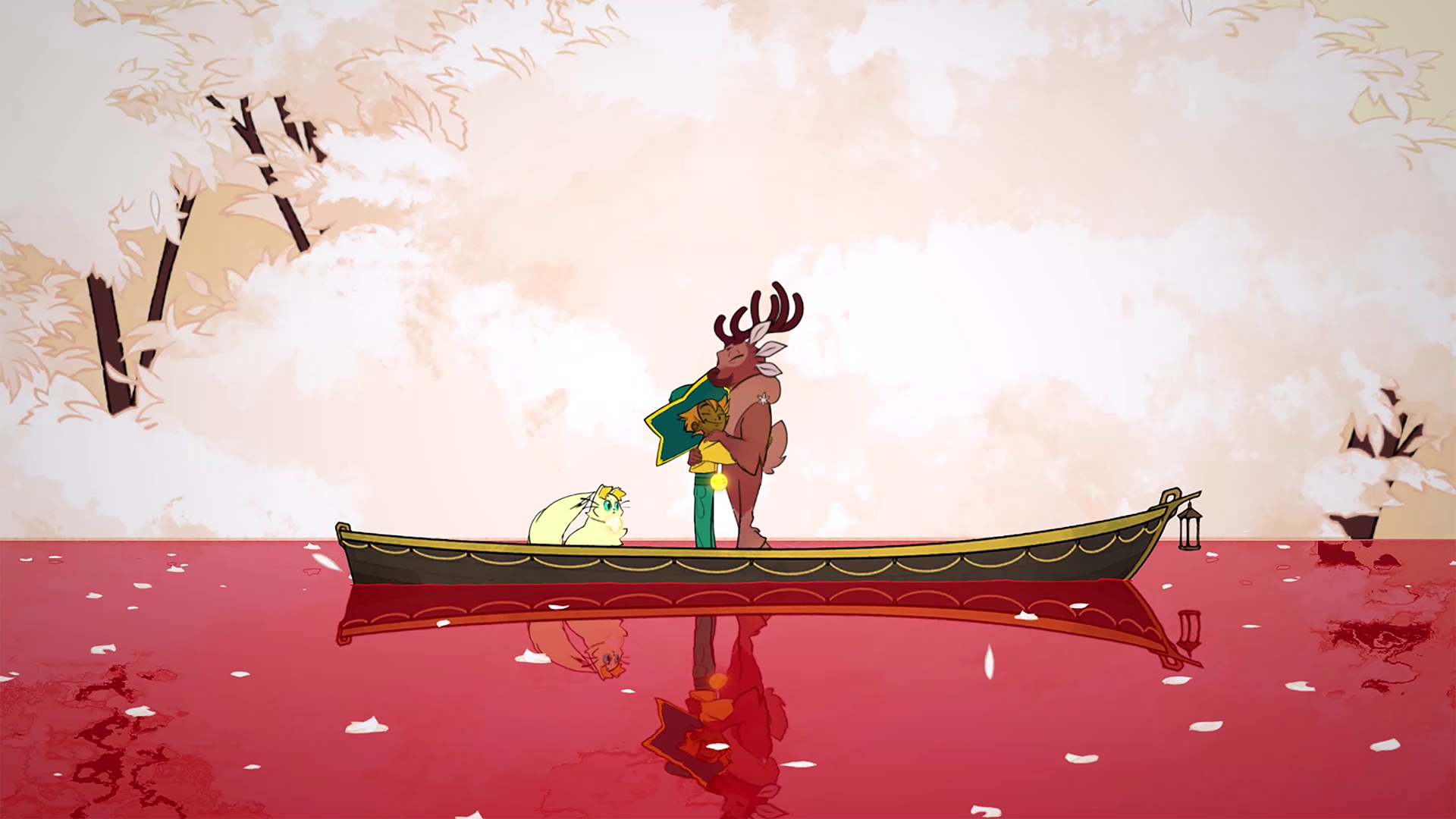
If you’ve ever played a title by Thunder Lotus Games, you know that there’s really nothing else like them. If you haven’t and you’re into surprisingly complex hand-drawn video games, you should. The Canadian indie studio’s third game, Spiritfarer, continues that unique trend that made Jotun and Sundered both cult favorites.
Appropriately described as “a cozy management game about dying,” the player takes on the role of the ferrymaster of the dead — meaning that your job is to transport them to the afterlife and make sure they’re comfortable in the process. It’s a relatively chill and relaxed gig, all things considered, but that doesn’t mean it can’t get a little hectic at times.
Of course, regardless of how happy or miserable your passengers are in Spiritfarer, the game looks and sounds like an incredible animated movie at all times. The wide variety of illustrated scenes would be right at home on one of your favorite childhood VHS tapes, and composer Max LL created another incredible score that shows why he’s both the go-to musician for Thunder Lotus as well as many rising indie films and commercials — in addition to his solo work.
SPIN caught up with Max LL to chat about his latest work and the special elements he brings to each of his scores.
SPIN: Seeing as you work in all sorts of mediums, how does crafting the score for a video game like Spiritfarer compare to your personal work and film scores?
Max LL: A video game is a very unique medium. The story can unfold in a multitude of different ways depending on the player. You’re not working with a locked picture like you are with a film. Things are constantly moving, so the music has to work for a variety of different scenarios. This is a very interesting challenge and it affects the way I approach music integration, and even composition to some extent. Nevertheless, the music has to support the narrative and emotional arc of the story and characters, just like it would in any kind of storytelling medium. In games, I tend to favor strong themes and melodies over highly variable and adaptive music — which usually comes at the price of being less memorable. But then again, it always depends on the needs of the project. When it comes to my personal work, I’m always working from a completely blank canvas, which can be daunting at first, but it gives me the freedom to take my music in completely different directions. I always try to find the time to work on my solo works in between scoring projects. I don’t think I’d be able to evolve as much as a composer without them. There are some things I can’t always express in the context of my scoring work.
Spiritfarer (like the other Thunder Lotus games) obviously has a very unique art style. What’s it like to build the musical atmosphere alongside the visuals?
I’m so privileged to be working alongside such a talented art team at Thunder Lotus. I remember seeing the first concepts from Jo-Annie [Gauthier, Art Director for Spiritfarer], and the basic concept of the game paired with the artwork was so unique and evocative. I remember writing the main theme in a few sittings after having seen the materials. The beautiful visuals make my job so much easier, because the art almost always instantly inspires my melodies, arrangements, and textures for the music, often even before picking up an instrument.
And as the preferred composer for the Thunder Lotus team, how have you seen their titles grow over the last handful of years?
I was involved since the very beginning of the studio as a close friend of Will [Dubé, Founder and President of Thunder Lotus]. It’s been a thrill to see it evolve over the years. What started as a team of 5 people now has 30+ employees, but the spirit remains the same. It still very much feels like a small family. Jotun was my first video game project, and it was exciting to be working on a story that called for larger-than-life orchestral arrangements. I remember the final crunch before the release of the game, I only had one piece left to write and a few days to come up with what was going to be the game’s most important moment. It was such an exciting time for everyone involved when the game finally released and was met with positive feedback from the gaming community.
You often use some pretty nontraditional instruments and elements in a lot of places rather than sticking with “normal” orchestration in your scores. What inspired you to add more international and global sounds to your music?
I spent a lot of time in the past 10 years traveling abroad. Most of my personal albums are based on experiences I’ve had during my travels in Asia and the Middle East. I always bring a recorder with me and will often pick up new instruments along the way. Through the years, I’ve built an interesting collection of found sounds, samples, and instruments that I always try to integrate in some way into my compositions. It allows me to keep things unique and interesting, even when using more conventional arrangements. As an example, my piece “Golestan” was born out of a recording I made of my friend’s father improvising a sung melody line while reading a Hafez poem while I was in Iran. From his performance, I developed a more fleshed out theme, which I had recorded by a 40-piece string orchestra.
Are there any other types of projects you’d like to take on in the future?
I’ve worked on a wide variety of projects over the years and I love working with different kinds of media and art forms. I just finished the music for a feature documentary, and I’ll soon be starting work on Thunder Lotus’ next video game project. I love falling in love with projects. I’m not interested in the idea of having a “career” in a specific medium as much as I’m interested in working on a diversity of projects I’m passionate about. I’d definitely love to do more independent fiction films and more projects that are engaged and activist by nature, with a clear message and a meaningful approach — as was the case with Spiritfarer.
What would you hope players take away from Spiritfarer and its soundtrack?
Death is often portrayed in games as being a source of entertainment. We’ve become so comfortable with killing in the world of video games that we’ve forgotten what death really is like — its implications, its impact, how it truly feels to witness it, or to lose someone that’s close to us. It’s one of the most natural things in life, but at the same time, our society rarely encourages us to have open discussions about it. Spiritfarer wanted to lift the veil on that taboo, to better allow us to discuss the topic with each other. I wanted the soundtrack to gently carry players across that journey and hopefully feel like a warm and cozy blanket accompanying you through difficult times.
